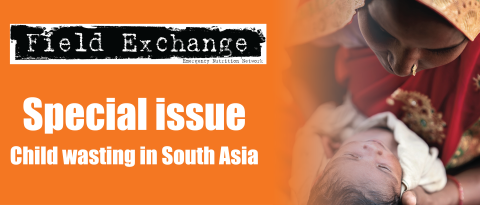Duodenal microbiota in stunted undernourished children with enteropathy
Research snapshot1
The link between environmental enteric dysfunction (EED), a disorder of the small intestine, and childhood undernutrition has been theorised for many years. However, evidence of its contribution to growth outcomes has been limited due to the challenges of sampling small intestinal mucosa and microbiota. This study explored the link between the two by collecting plasma and duodenal samples of 110 stunted children (mean age 18 months; total samples collected included 4,077 plasma proteins and 2,619 duodenal proteins) living in an urban slum in Dhaka, Bangladesh, who had biopsy-confirmed EED. In addition, 21 plasma and 27 faecal samples from age-matched healthy children living in the same area were collected. Young, germ-free mice fed a Bangladeshi diet were subsequently colonised with bacterial strains cultured from the duodenal samples.
Results of the study indicated that, of the bacterial strains obtained from the children with EED, the absolute levels of a shared group of 14 duodenal bacterial taxa (which are not usually classified as enteropathogens) were negatively correlated with linear growth (p= 0.003) and positively corelated with duodenal proteins linked to immune-inflammatory responses. When comparing these faecal microbiota to samples from healthy children, the representation of these 14 taxa was significantly different (p<0.001). When mice were colonised with the cultured duodenal strains from the children with EED, they developed enteropathy of the small intestine. Further studies are needed to determine whether findings can be generalised to other contexts.
These results indicate a causal relationship between stunting and enteropathy; particularly highlighting the role of 14 duodenal bacterial taxa. Exploring the mechanisms by which the small intestinal microbiota affect linear growth mediators in young children may help provide new therapeutic approaches to reduce and prevent stunting.
1 Chen, R. Y. et. al. 2020. Duodenal Microbiota in Stunted Undernourished Children with Enteropathy. New Engl. J. Me. 383; 4. DOI: 10.1056/NEJMoa1916004


